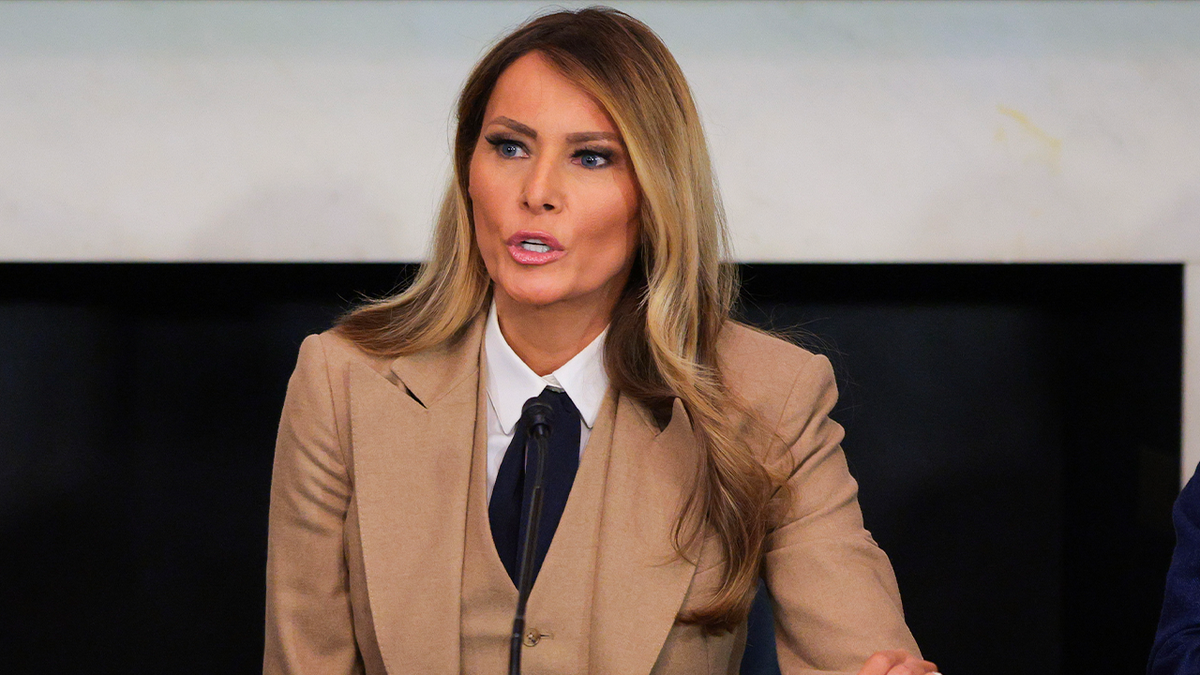
Source: foxnews.com
Image content: The image shows a formal meeting in an ornate room where two men in suits are shaking hands, with another man in traditional Middle Eastern attire observing on the right. The setting includes luxurious decor, patterned curtains, and a small table with flags, suggesting a diplomatic or official event.
Summary
Across multiple reports, President Trump’s Middle East trip catalyzed a rapid policy shift aimed at strengthening U.S. influence and regional partnerships. In Riyadh, Trump unexpectedly announced plans to lift longstanding U.S. sanctions on Syria, startling U.S. sanctions officials and triggering internal deliberations on phased relief, potentially via Caesar Act waivers before broader rollbacks. Concurrently, he signed a slate of economic, defense, and investment agreements with Saudi Arabia, Qatar, and the UAE to deepen strategic and trade ties. Analysts say these steps, coupled with strong rhetorical backing for Israel, pressure on Iran, and a push to expand the Abraham Accords, created a historic opening for Israel to pursue normalization with Saudi Arabia and shape Syria’s post-war trajectory—if it moves swiftly to leverage the moment.
Key Points
- Trump surprised U.S. officials by announcing plans to lift Syria sanctions, prompting expedited implementation planning.
- New agreements with Saudi Arabia, Qatar, and the UAE targeted economic, defense, and investment cooperation to bolster U.S. regional influence.
- Signals of strong U.S. support for Israel, pressure on Iran, and potential Syrian normalization framed a strategic realignment.
- Experts argue Israel has a narrow window to trade leverage on U.S.-Saudi deals and Syria policy for normalization and security gains.
- Initial Syria relief may proceed via Caesar Act waivers before pursuing permanent sanction changes.